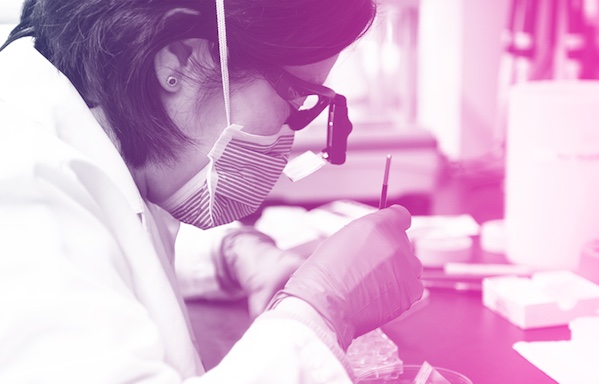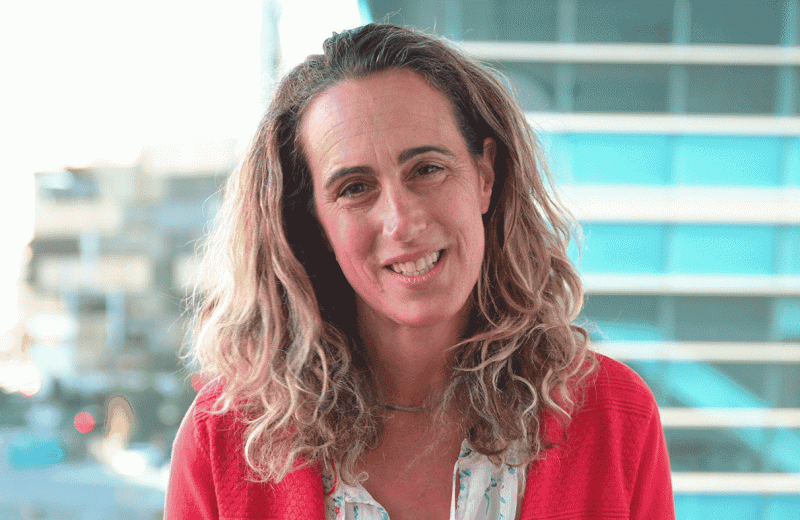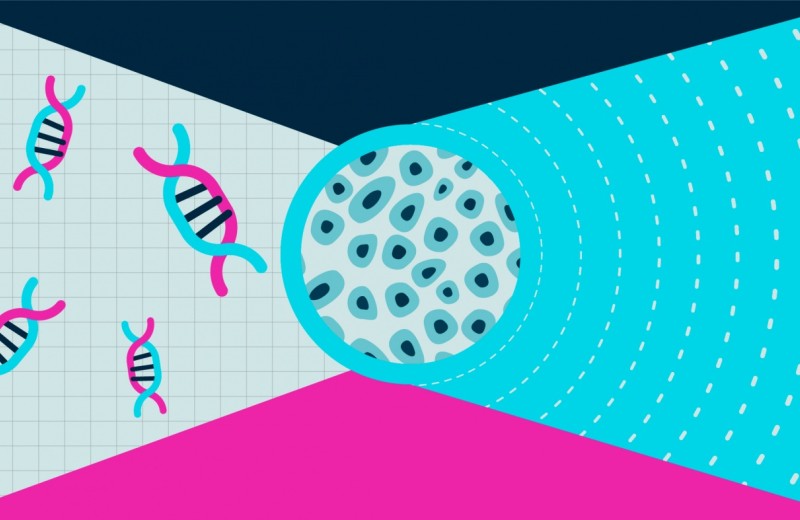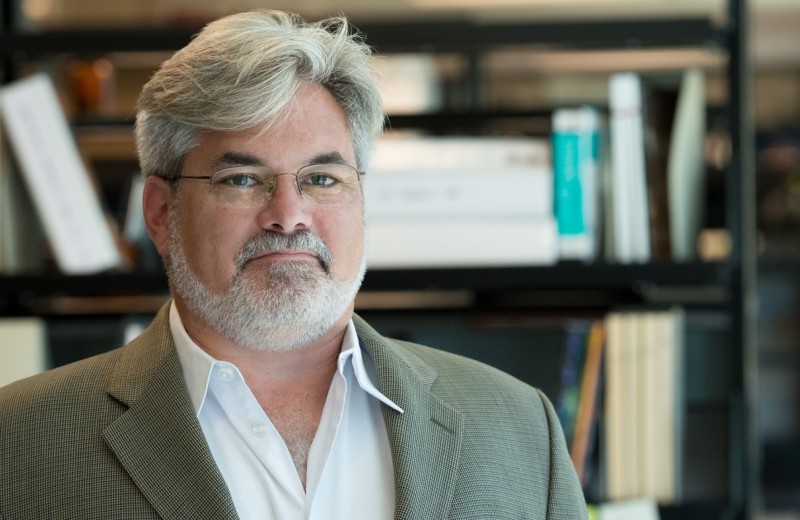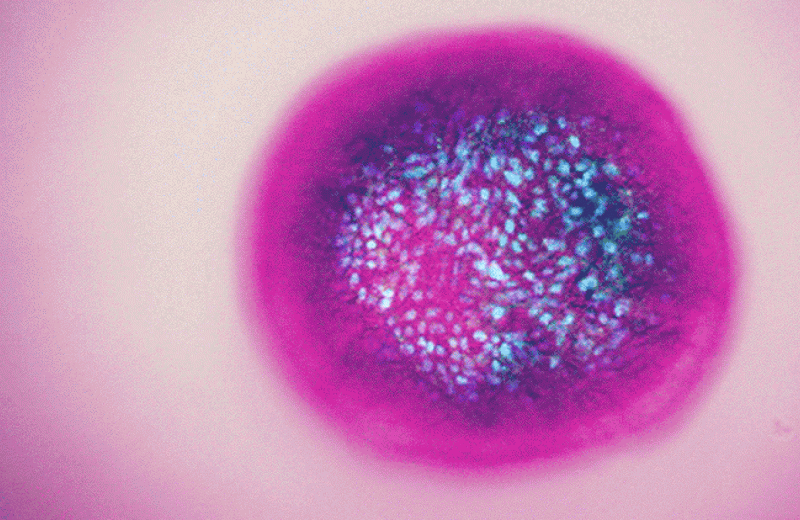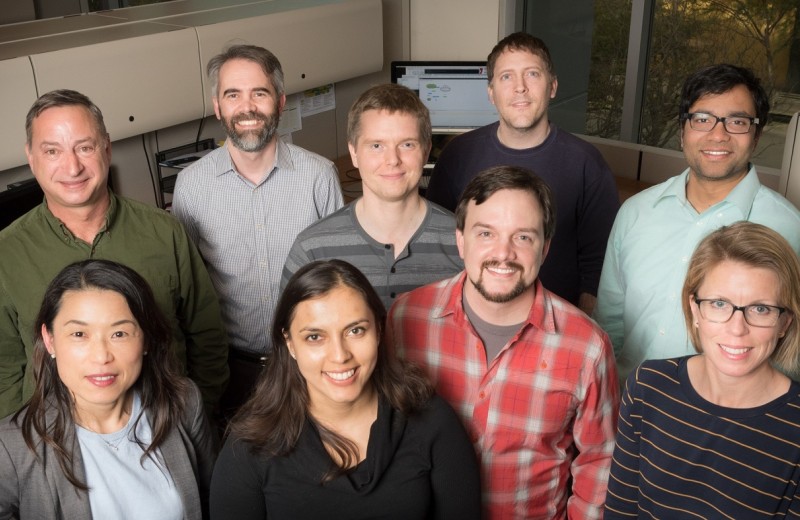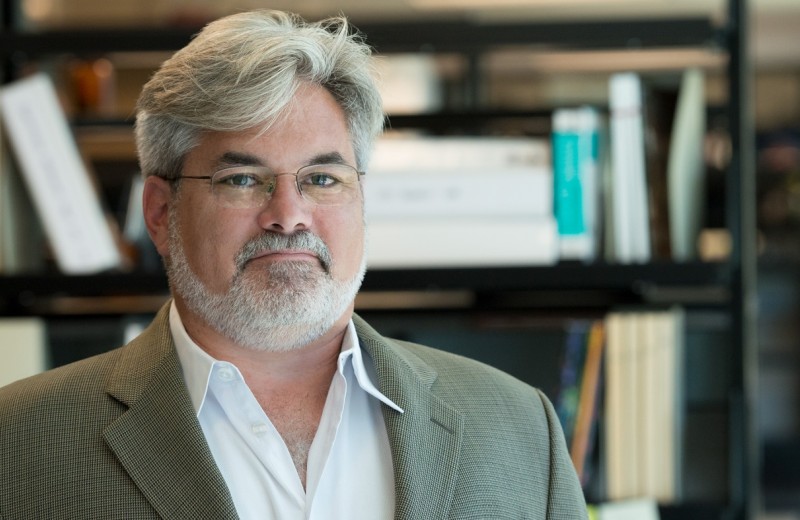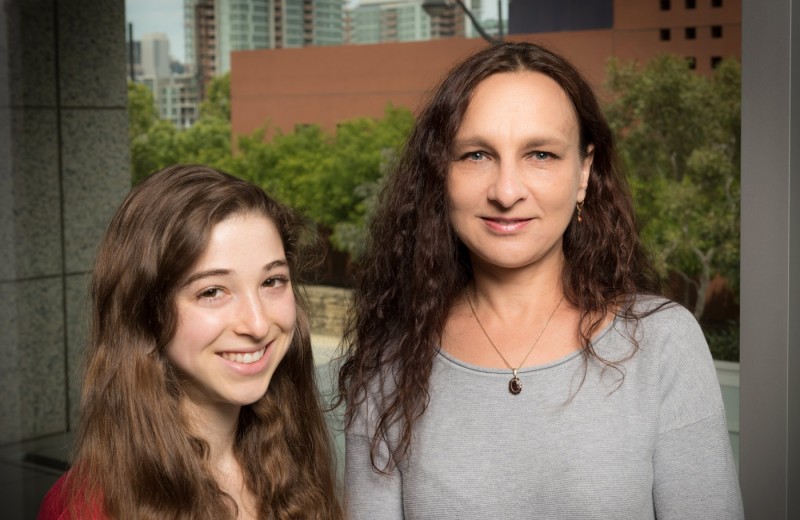New Treatment Shows Promise for Huntington’s Disease
New Treatment Shows Promise for Huntington’s Disease
The New York Times—Steve Finkbeiner, director of the Center for Systems and Therapeutics at Gladstone, notes that a new gene therapy shows promise for patients affected by Huntington’s disease, but untreated brain regions may still experience neurodegeneration. (Subscription required.)
Gladstone Experts Huntington’s Disease Neurological Disease Center for Systems and Therapeutics Finkbeiner Lab

